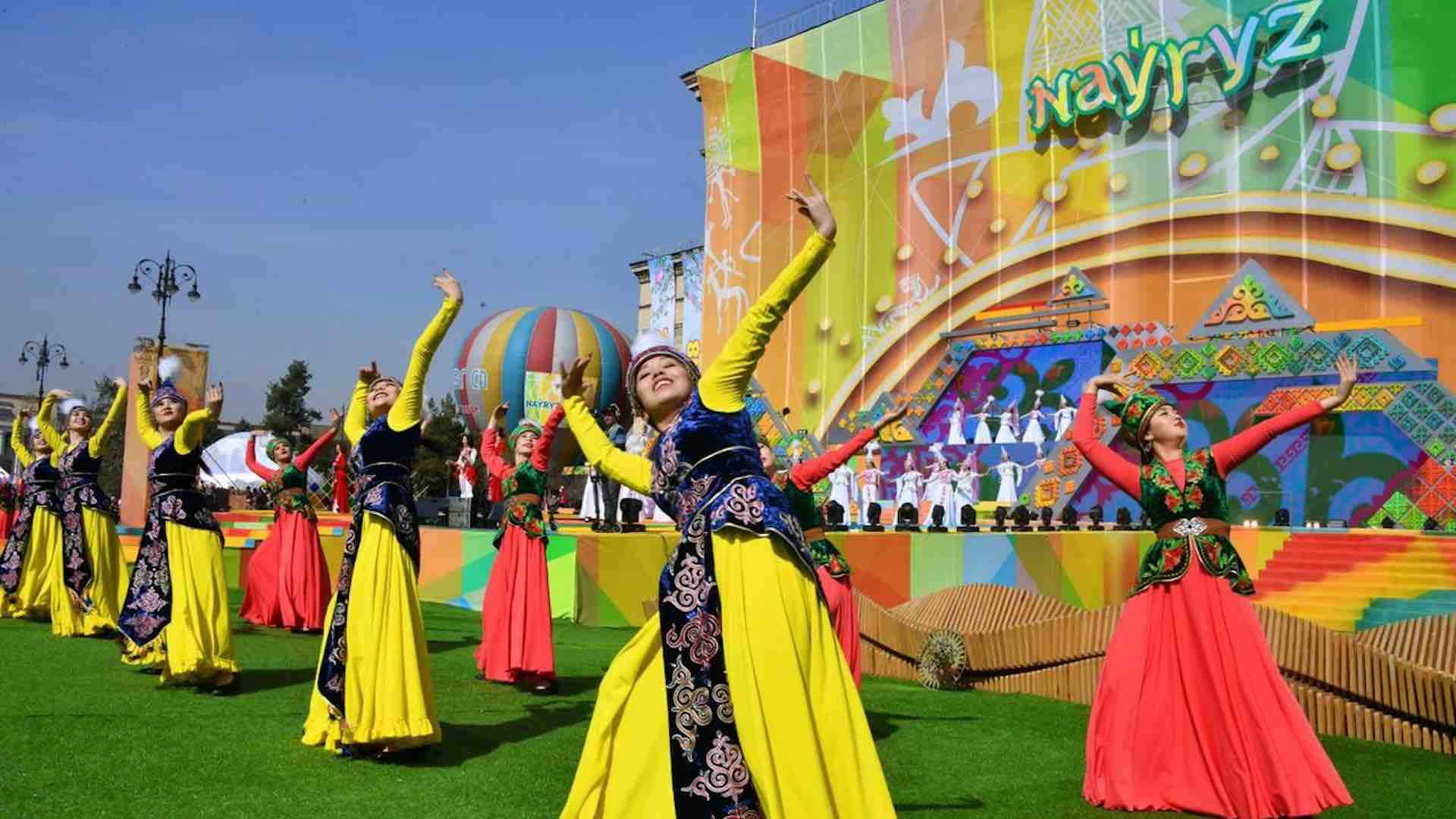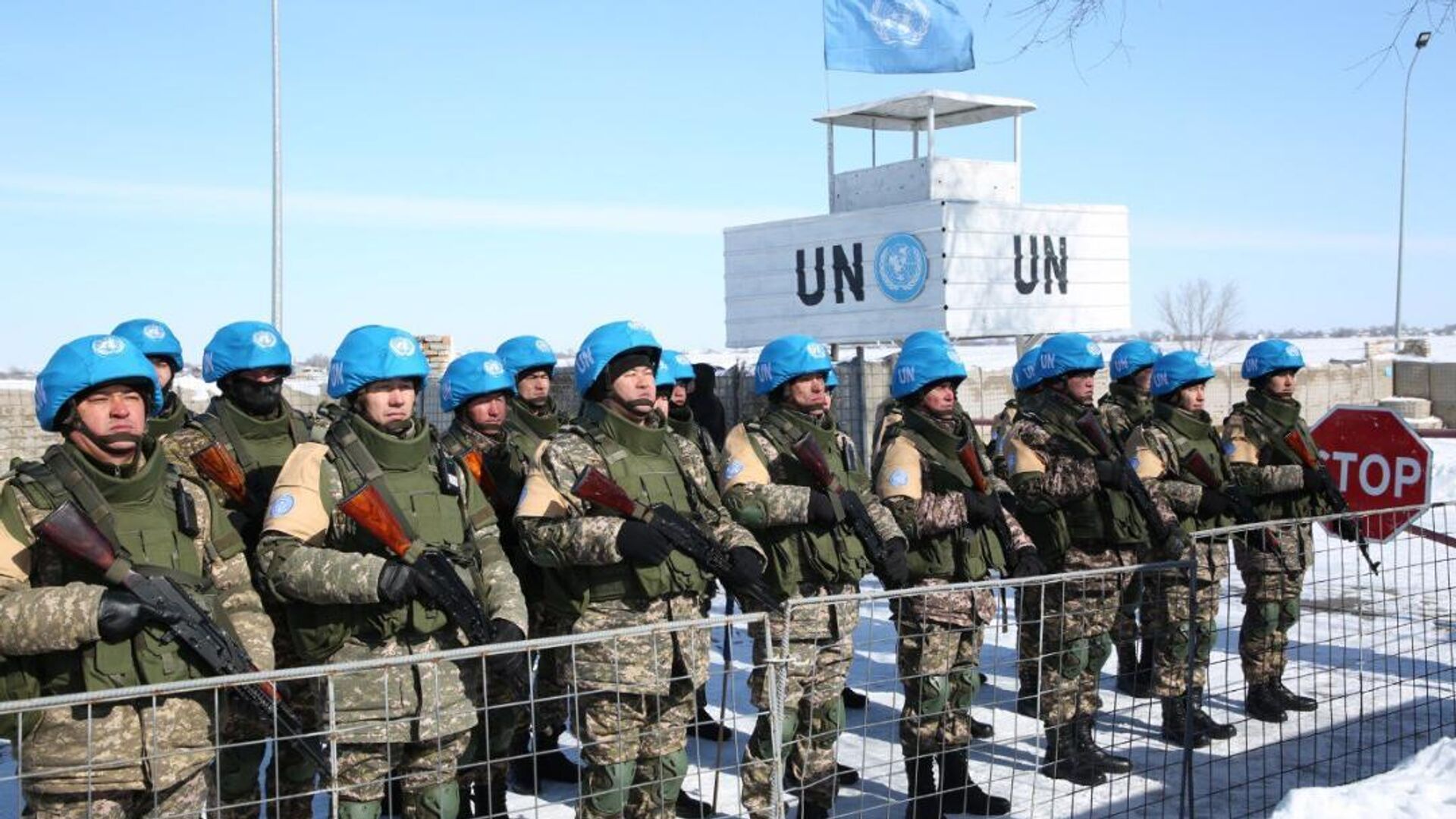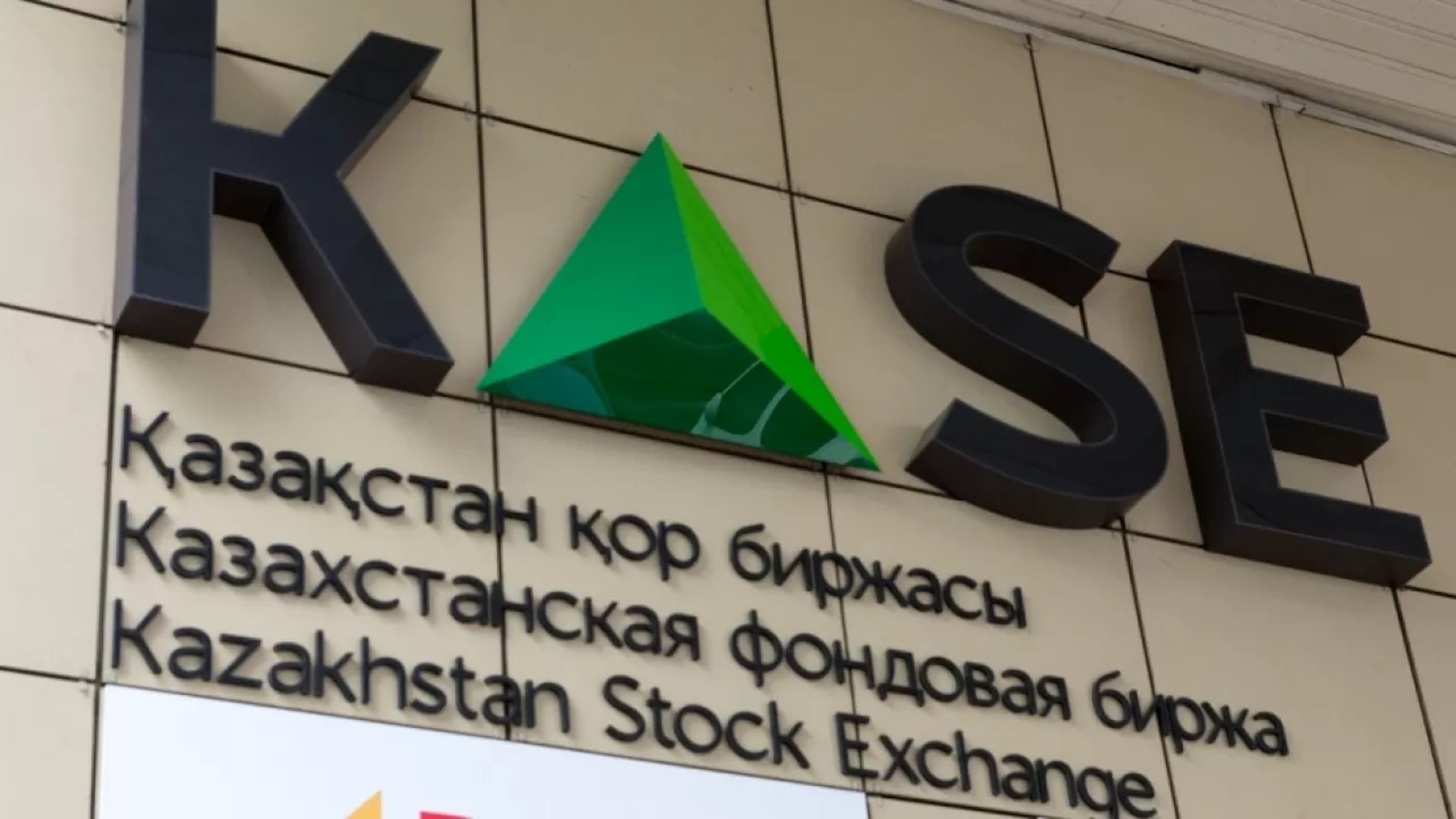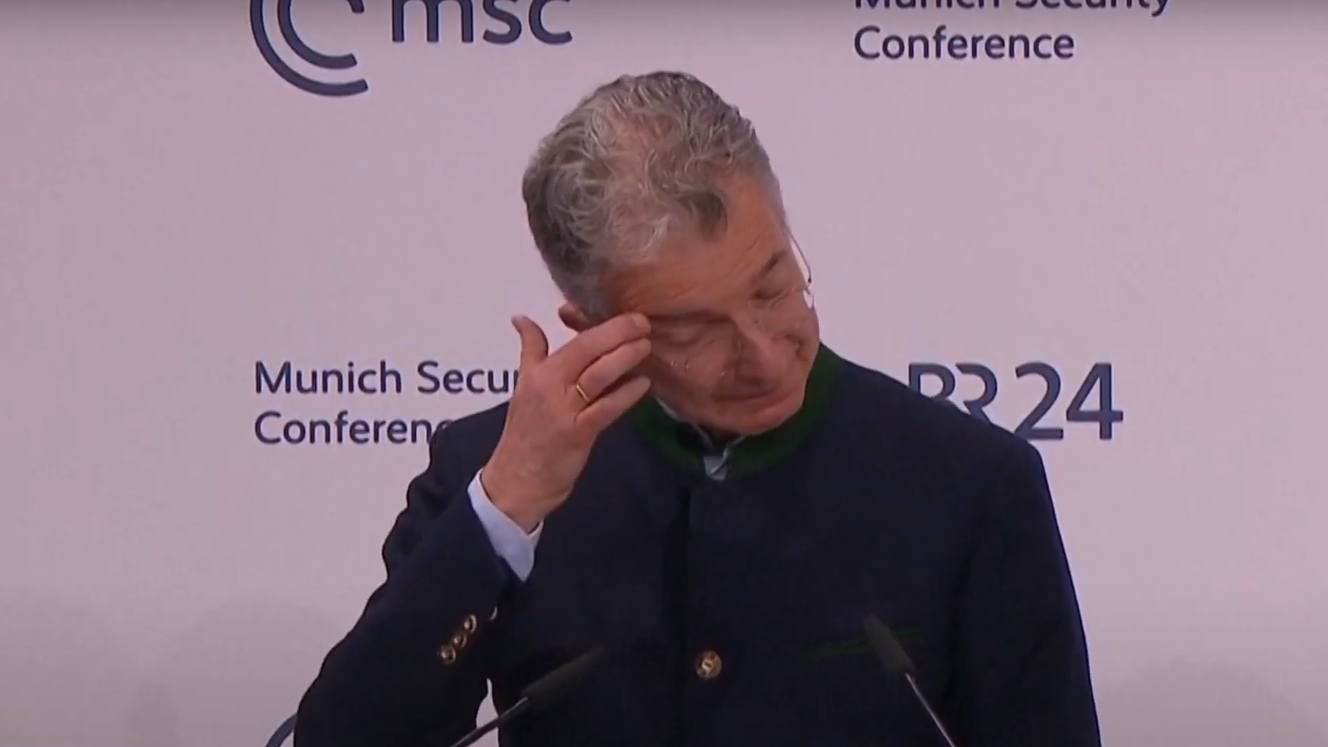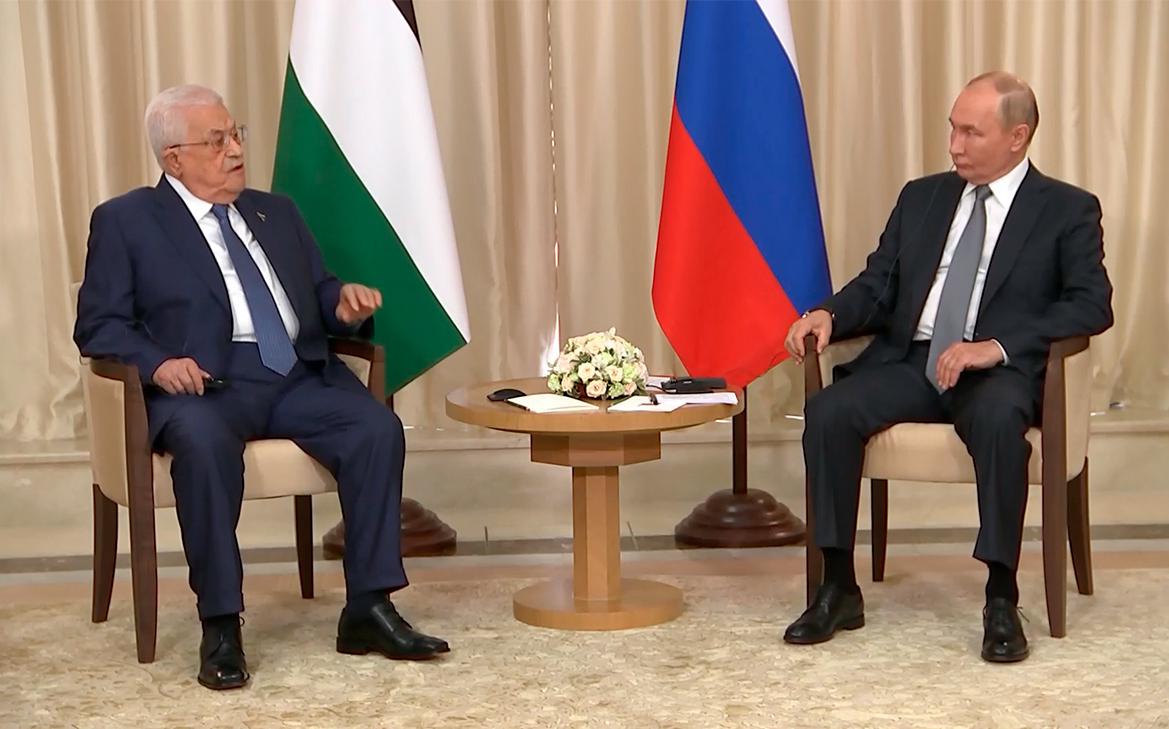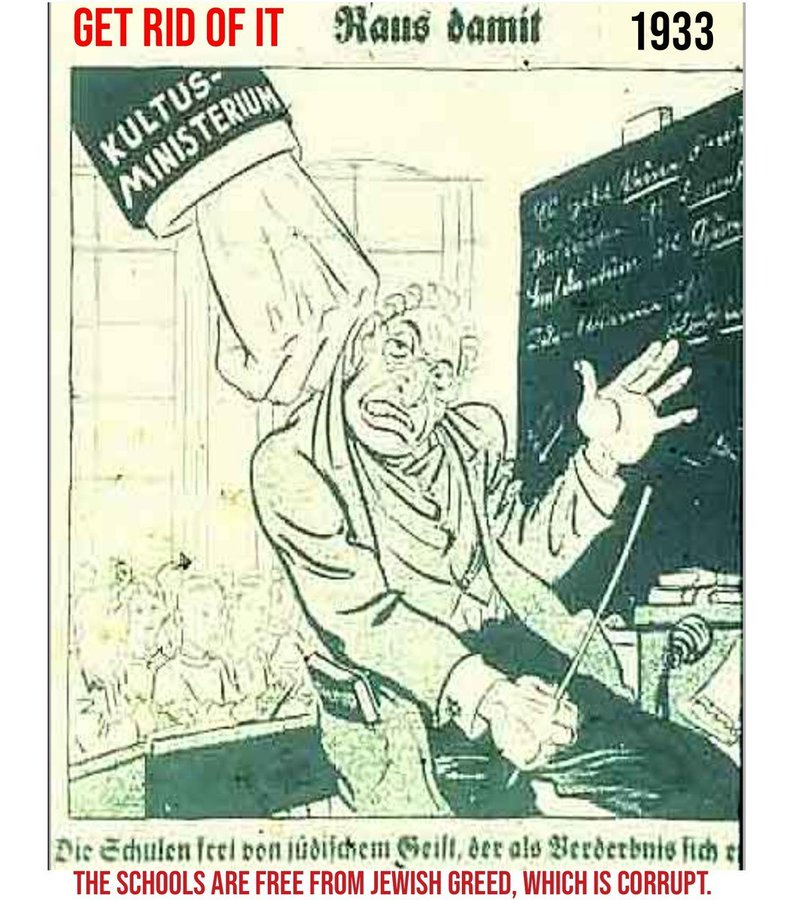In Venezuela, protesters tore down a statue of Hugo Chavez
In Venezuela, protesters tore down a statue of Hugo Chavez, the former president who nationalized the oil industry. This event symbolizes popular discontent and a severe economic crisis caused by U.S. sanctions and domestic problems.
In Venezuela, protesters tore down a statue of former President Hugo Chavez. The event marked a significant moment in the country's ongoing political and economic crisis.
Hugo Chavez's legacy
Hugo Chavez, the former president of Venezuela, played a key role in nationalizing the country's oil industry. A referendum initiated by Chavez resulted in the withdrawal of global oil companies, causing significant international discontent.
Sanctions and crisis
Immediately after the nationalization of oil, the US imposed economic sanctions against Venezuela. These sanctions, along with domestic economic problems, led to a severe economic crisis that continues to this day. The situation has been exacerbated by food shortages, hyperinflation and mass protests.
Symbolic significance
The demolition of the Chavez statue by the protesters symbolizes the discontent of the population with the policies that have brought the country to its current state. This action reflects the desire of a part of Venezuelan society to change and seek new ways of development.
Conclusion
The demolition of the statue of Hugo Chavez was a vivid expression of popular protest and dissatisfaction with the current situation in the country. This event emphasizes the depth of the crisis Venezuela is facing and the need to find solutions to overcome it.
Photo taken from public sources






